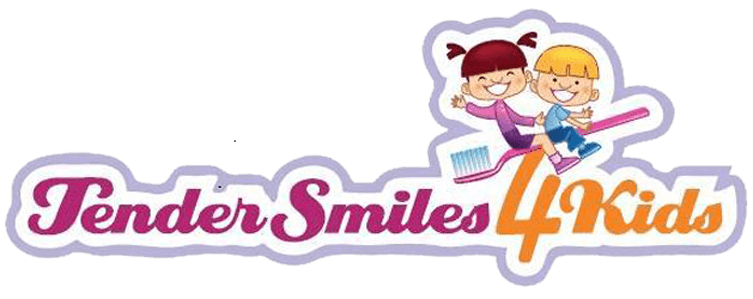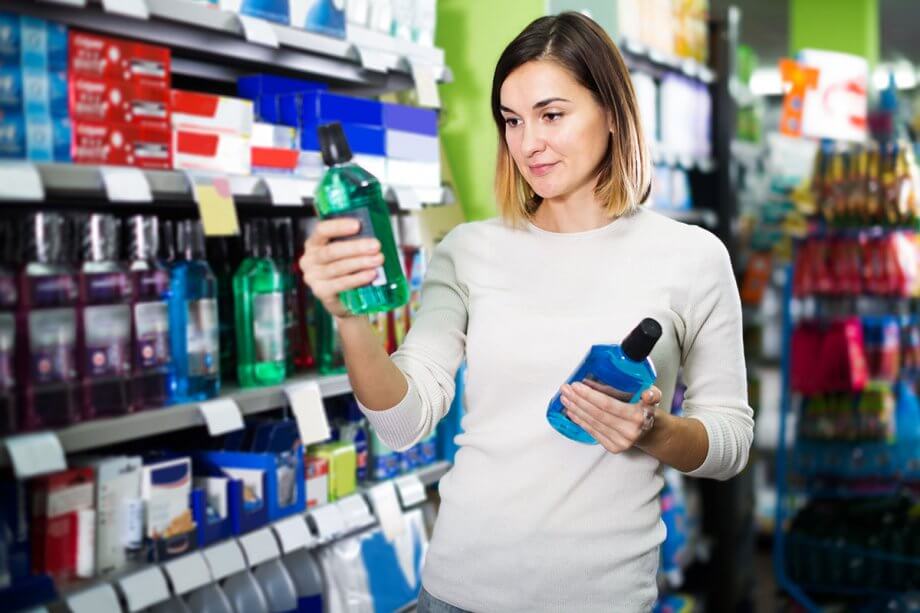As pediatric dentists, parents often ask for our opinions about the best oral health products they can buy for their kids. We're always happy to make recommendations, whether it's finding the right toothbrush for a 2-year-old or a fruit-flavored toothpaste for those kids who refuse to use anything minty. Today, we want to talk about what you should know about choosing a mouthwash for kids.
Does my child need mouthwash?
Our honest answer: probably not. If your child is younger than 6 years of age, the American Dental Association recommends abstaining from mouthwash altogether. It's very hard to keep young children from swallowing mouthwash, especially if it tastes good to them--which most children's mouthwashes do. Ingesting mouthwash can cause nausea and vomiting and, in the case of mouthwashes that contain alcohol, intoxication. Yes, that’s right, children can get drunk on mouthwash.
So let's talk about children older than 6. Can they use mouthwash? The answer is yes, but with good brushing and flossing habits, there's really not that much need for it. Mouthwash can be divided into two categories: cosmetic and therapeutic. We don't recommend cosmetic mouthwashes for children at all, as they don’t serve a real purpose for oral hygiene. Therapeutic mouthwashes contain ingredients that kill bacteria, reduce plaque and gingivitis, control bad breath, and boost tooth health with the addition of fluoride.
In some cases, we may recommend an anticavity fluoride rinse for children with a history of cavities or for children wearing braces to help loosen food and plaque from brackets. But all the other reasons to use mouthwash--bad breath, plaque, gingivitis--are problems that can be tackled by good oral health practices. We're cautious about mouthwash because some kids can get in the habit of seeing it as a substitute for brushing and flossing, or they think that they can make up for improper brushing by rinsing their mouths afterwards.
What is the best type of mouthwash for children?
First, you'll always want to look for the ADA seal of acceptance. This means that the product in question is science-backed, evaluated by independent experts, and found to be both safe and effective. In general, we advise against using any dental products that don't have the ADA seal or are from unfamiliar brands--often these are made for foreign markets and don't meet the standards of the ADA or contain ingredients that are banned in the United States.
We recommend anticavity fluoride rinses for children over 6 who want or need to use mouthwash. While mint flavors prevail, pickier kids will be happy to know that children’s mouthwashes come in a variety of fun flavors like bubble gum, strawberry, grape, melon, and more. Again, be sure that you can trust your child not to swallow mouthwash before making a purchase--even for older kids, sometimes these flavors are hard for them to resist.
What are the ingredients in children's mouthwash?
The active ingredient in the type of children's mouthwash we recommend is sodium fluoride. Like the fluoride in toothpaste and water, it strengthens teeth to help them stand up to cavities.
You may be surprised to learn that alcohol is an ingredient in many children's mouthwashes. The presence of alcohol in mouthwash--for adults and kids alike--is a subject of controversy in the dental world. Even setting aside the debate about whether mouthwash can increase the risk of oral cancer, it's well-known that alcohol can cause dry mouth and dry mouth leads to bad breath. Our best advice: seek out an alcohol-free fluoride rinse for kids.
Other inactive ingredients in children's mouthwashes include artificial colors and sweeteners. Some parents avoid these in the food they give their kids, so if you have strong feelings about such additives, a natural option like Tom's of Maine Natural Children's Anticavity Fluoride Rinse is your best bet.
If you'd like to discuss choosing a mouthwash for your child with us in person, we’d love to meet with you! Schedule an appointment at one of our four convenient New Jersey locations today.

